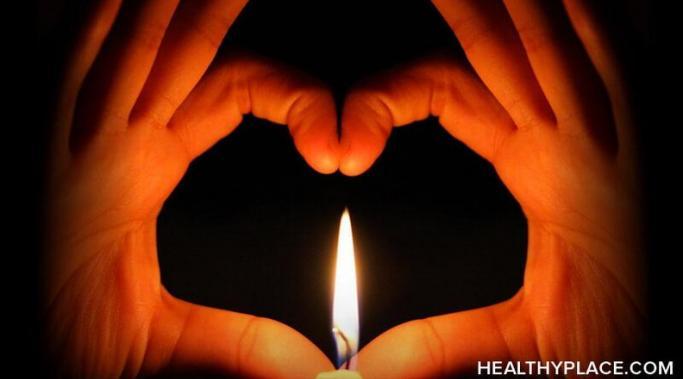You can increase your level of being present by making yours a feng shui home. Feng shui (pronounced ‘fuhng SHWAY’), a Chinese tradition that involves arranging a physical environment for the best energy, seems mystical and even scary to those who haven’t learned about its principles, but feng shui boils down to essentially a healthy dose of common sense as well as a set of mindfulness practices to choose from.
Living a Blissful Life
While connecting with a romantic interest or significant other can provide nights of bliss, have you considered going on a date with yourself? A date with yourself might seem unusual, but self-dates are becoming more popular as people seek more powerful venues for self-care.
Tough times are a natural part of life, but you can increase your resilience to make getting through them easier. Although biology plays a role in our susceptibility to mental health symptoms, we are not wholly at the mercy of our genetics. Several personality attributes contribute to a person's ability to withstand adversity. What's more, we can increase our resilience by engaging in an intentional practice of optimism.
A daily affirmation regarding love and bliss can change the way you experience the world. Many of us who live with mental illness feel unlovable occasionally, if not constantly. That feeling can be caused by our own negative thought cycles or by actual events. Sometimes, a partner ends a relationship due to mental illness, which can be heartbreaking. Other times, a partner who doesn’t understand our different needs may stay with us but become abusive or perhaps simply unsupportive. This lack of love and bliss takes a further toll on our mental health.
Is one of your goals for 2019 to overcome fear? Everyone experiences fear and anxiety at times, but these emotions can create significant distress. Often, people allow their fear to stop them from doing things that are important to them. We must reconcile our relationship with fear, so it doesn't keep us from living the life we desire. That's why I use one simple skill to help me overcome fear.
Do you experience seasonal depression (also known as seasonal affective disorder, or SAD)? If so, you may have extra trouble getting out of bed during periods of SAD.
New Year's resolutions for mental health may not be on your radar yet, but as we approach the end of 2018, many are thinking about the new year. Common goals include behavior changes like healthy eating, increased exercise, or quitting undesired habits like smoking. In year's past, my goals have also been about changing my behavior. This year, I am shifting my mindset around resolutions and creating goals focused on improving my mental health. New Year's resolutions for mental health aren't just motivated by a desire to behave differently, but by a desire to feel differently.
As the new year rolls around, many people create yearly goals or New Year’s resolutions. Plenty of people also create targets throughout the year; I personally set monthly objectives, which are broken down from my yearly goals. However, at times, goals can be harmful to mental health. What are the symptoms of unhealthy yearly goals?
Perfectionism and being perfect often hold you back from living in bliss. You've heard the phrase "nobody's perfect," and you've probably said it yourself many times. It's a term people use without much thought. I've been thinking about perfectionism a lot recently, both because I've had substantial growth in this area, but also because I have more work to do. Perfectionism, trying to be perfect, can be a real happiness killer if it goes unchecked.
Recently, I began to wonder if my medication is an emotional crutch. An emotional crutch is something that one relies on during a period of difficulty. But is using medication as an emotional crutch really that bad?









